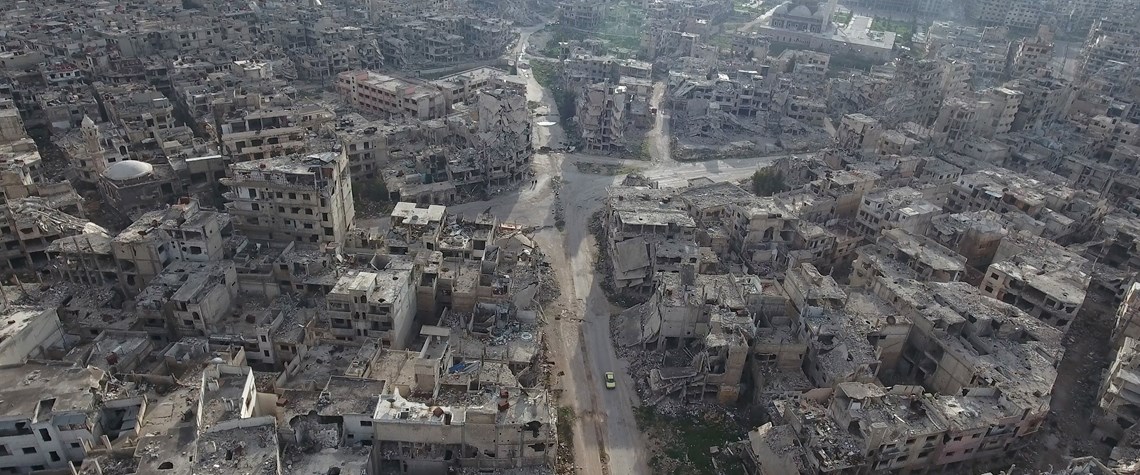Middle East tensions rumbled on in 2018
Oil prices recovered, but old conflicts remained unresolved
The fate of Middle East oil producers in 2018—and producers elsewhere in the world—remained largely in the hands of Saudi Arabia and Russia. Despite rumours of differences in strategy and objectives, the two giants—producing around 40pc of global output—stuck to their guns and maintained production cuts agreed the previous year. It became increasingly clear that the muscle to influence oil markets had passed from Opec to the Saudi-Russian partnership. Iran, once a major energy force to match Saudi Arabia, was forced out of the running by US sanctions which, in November, were extended to the energy sector. Fear of global supply shortages resulting from an anticipated dip in Iranian oil export

Also in this section
26 February 2026
OPEC, upstream investors and refiners all face strategic shifts now the Asian behemoth is no longer the main engine of global oil demand growth
25 February 2026
Tech giants rather than oil majors could soon upend hydrocarbon markets, starting with North America
25 February 2026
Capex is concentrated in gas processing and LNG in the US, while in Canada the reverse is true
25 February 2026
The surge in demand for fuel and petrochemical products in Asia has led to significant expansion in refining and petrochemicals capacities, with India and China leading the way







